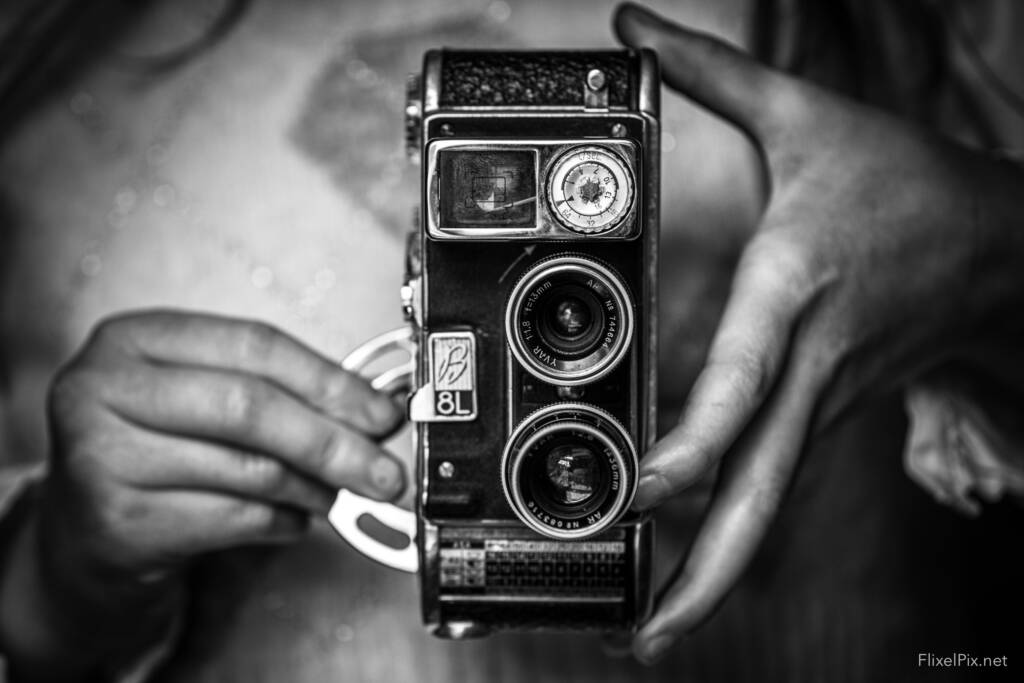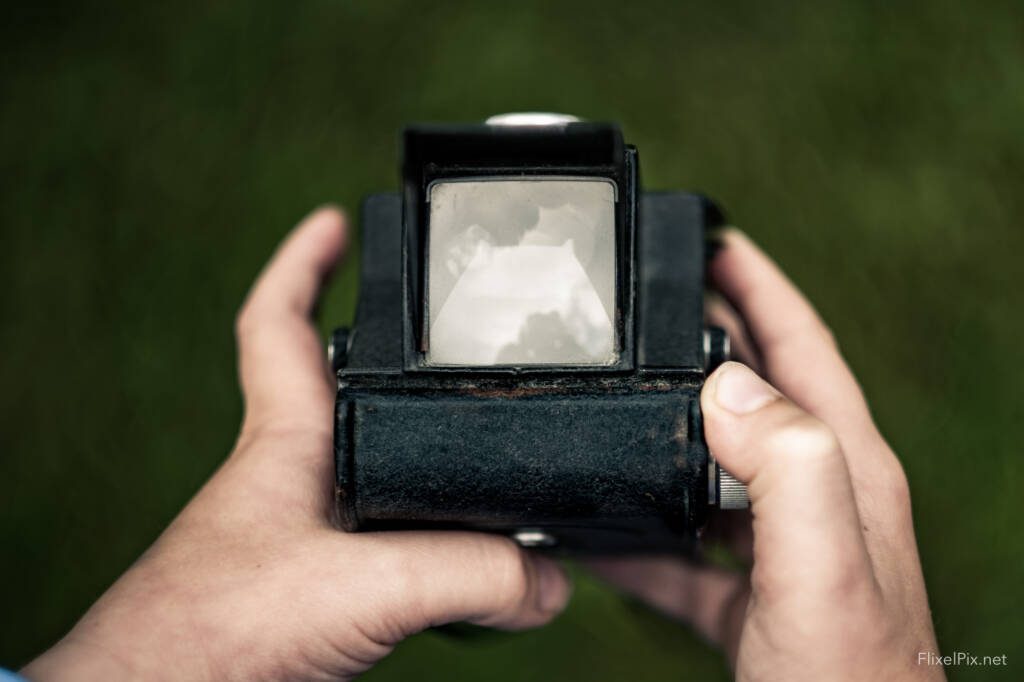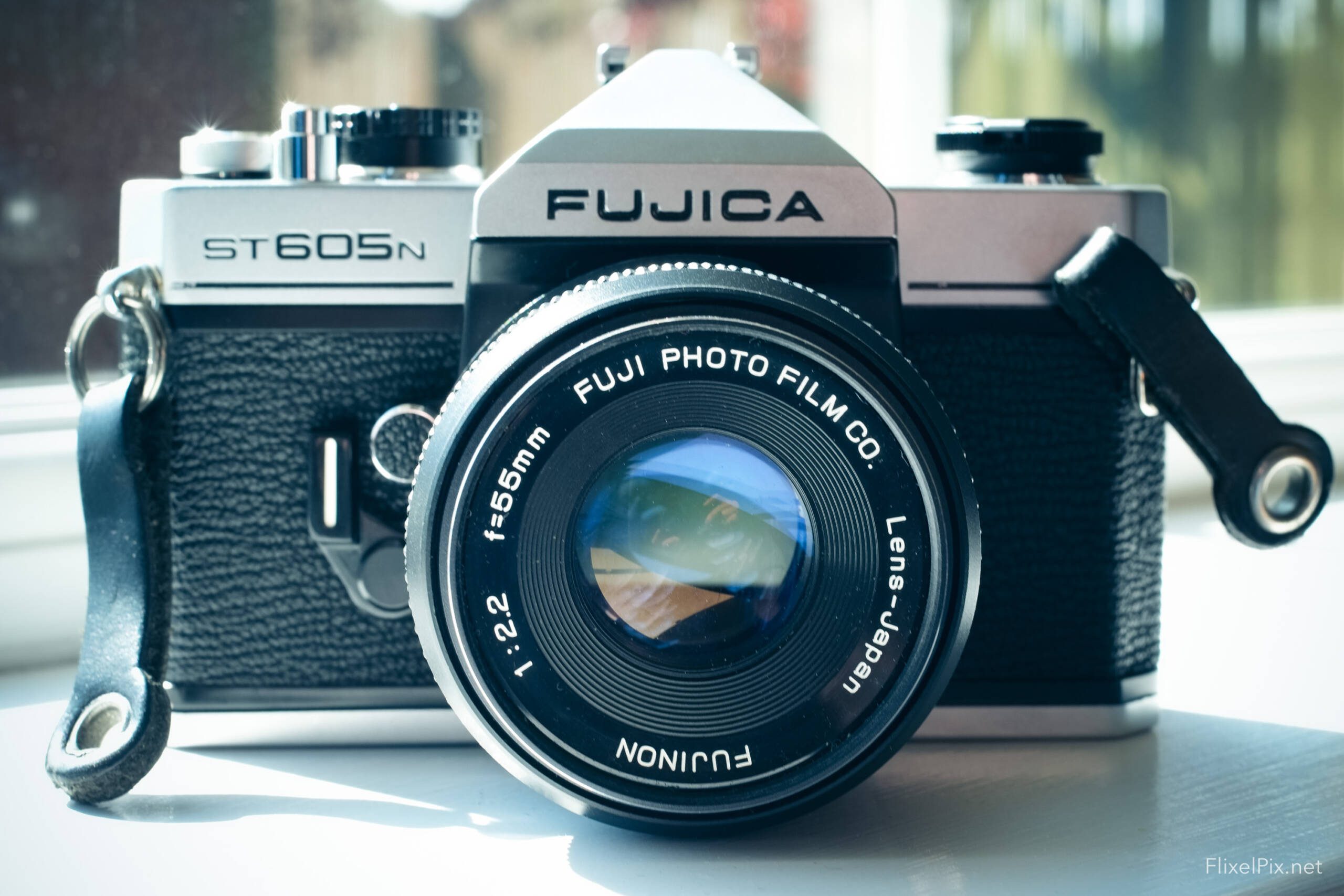I’ve made a fundamental mistake. I knew there was a risk of it happening, but it crept up slowly and unnoticed. Over time, I’ve gradually shifted from studying the craft of photography to obsessing over equipment and technology.
One classic example is the Canon 50mm lens that I use for videography work. I started with the f/1.8 lens, which did everything I needed. Then, I began reading about how great the f/1.4 version was, and the desire to upgrade drew me in like a magnet.
A bit. A year with the f/1.4, and—yes, you guessed it—I found myself spending too much time in the Canon 50mm f/1.2 group, reading about how much better the f/1.2 is compared to the f/1.4.

I saved and saved a little more, sold my f/1.4, sold a spare flash, and eventually gathered enough funds to invest in Canon’s flagship f/1.2 50mm lens. I expected ultimate fulfilment, and—more concerning—I expected my photos and videos to be transformed into unbelievable works of art.
The Nifty Fifty 50mm lens
Don’t get me wrong, the 50mm f/1.2 is a stunning lens, but I really struggled to save up for it. The reality is that the f/1.4 is a great lens, as is the f/1.8. I had fallen into the trap of unconsciously thinking…
“My photography would be so much better if I just had…”
It’s a terrible mindset and remarkably hollow. I read about photography every day—from magazines to dozens of RSS subscriptions to various websites and blogs. At one point, I decided to review my list of subscriptions and made an interesting discovery.
I originally subscribed to the feeds of photographers I admired—Zack Arias, Jeremy Cowart, and many others who shared my passion for photography.
A year ago, my RSS reader was filled predominantly with photographers studying their craft and mastering the art of photography. Yet, in just over twelve months, those websites had been overtaken by blogs and feeds focused on reviews and the technical aspects of gear.
I had slowly become more interested in new equipment—gear that wasn’t even released yet—rather than appreciating the fantastic camera already in my bag, which I wasn’t using to its full potential.
The result? Repeated and consistent dissatisfaction.
Photographers do this all the time. On photo walks and meet-ups, the conversation is always about equipment. I wonder how many writers get together to compare the pencils they use—and, actually, does pencil envy exist?
Interestingly, I keep being asked when I expect the Fujifilm X200 to be released. But Fujifilm has demonstrated its commitment to the X100 series with the release of the WCL-X100 adapter, signaling that the X100 is here to stay for some time. It’s photographers who create the demand, expecting a refresh every twelve months.

The Photography Turning Point
I’m making changes. The review websites are gone, and I’m left with 30–40 feeds from great photographers who regularly share their experiences and insights.
As for gear, I am incredibly fortunate to own the equipment I have—a fact I truly appreciate. It’s time to streamline and set limits. To this end, I have reduced my EF lens collection to just two. After all, if the 50mm f/1.2 is so good that I convinced myself I needed it, then I shouldn’t need an array of additional lenses covering every focal length—especially since my kit is primarily for video work.
I realize I cannot keep raving about how great the Fujifilm X-Pro1 or Canon 5D are while keeping an eye on magazines for the latest versions. Both Canon and Fuji systems are stunning, built to last—and for me, last they will! I have decided to adopt a “strict upgrade when wrecked” policy.
As photographers, we should be consuming our craft, not our technology. The “My photography would be so much better if I just had…” mindset is simply a road to misery. It will have little impact on the quality of our images and offers even less satisfaction.
Photographers take photos—not cameras. It is more important to improve the photographer than to improve the camera.
Links
Understanding Depth of Field
How to capture long exposure photographs
Instagram
Discover more from FLIXELPIX
Subscribe to get the latest posts sent to your email.



